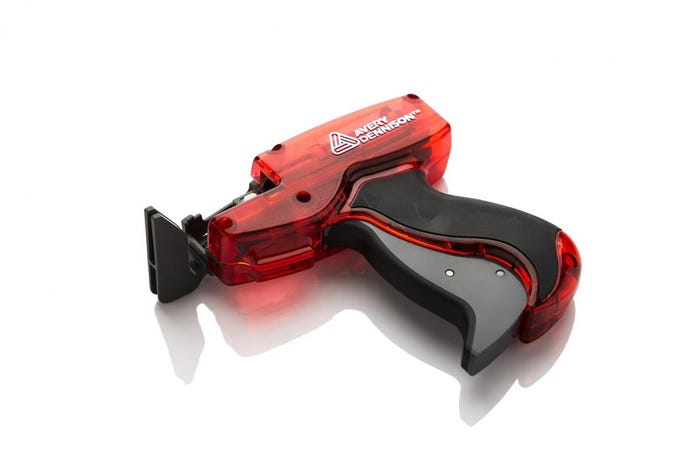Dutch injection molding company successfully expands into assembly
When it comes to trends, The Rompa Group, headquartered in The Netherlands and with manufacturing facilities in among others China and the Czech Republic, is a company to watch. The company was quick to catch on to the 'local for local' production trend, implementing a strategy where it more or less matches its production capabilities to the sales in a particular location, which allows the company to provide support and to respond faster to local needs and developments.
January 30, 2015
When it comes to trends, The Rompa Group, headquartered in The Netherlands and with manufacturing facilities in among others China and the Czech Republic, is a company to watch. The company was quick to catch on to the 'local for local' production trend, implementing a strategy where it more or less matches its production capabilities to the sales in a particular location, which allows the company to provide support and to respond faster to local needs and developments. The company has now taken this one step further and is now offering complete product assembly as part of the service package. According to Rompa International Sales Manager Martijn Jansen, at Rompa's production facilities in China and the Czech Republic, the company not only produces parts but also assembles the final products, if desired, including all electronics and non-plastic parts.
"And we also take charge of testing, final inspection and consumer packaging," he said.
|
Each year, the tagging guns developed and produced by Rompa on behalf of Avery Dennison are used to attach millions of price tags to articles of clothing, with the help of plastic fasteners. |
Rompa is generally called in at a very early stage during the development of the products to be assembled. "This allows us, as a plastics specialist, to use our know-how immediately at the beginning of the project, allowing us to increase the manufacturability and apply an optimal cost reduction, both in the investments of tools as well as the product itself," Jansen commented.
This can considerably shorten time-to-market. Compact, labor-intensive products can be produced directly in China "where we have the knowledge, the right production facilities and the right supply chain," explained Jansen. To that end, the Rompa Group in China recently installed a new ESD room (Electrostatic Discharging), to prevent ESD damage to the PCBAs, used in the products.
He pointed to the example of the Philips shavers cleaning station, a device that not only cleans the razors after use, but recharges them, as well. The device is manufactured and assembled from A to Z by Rompa in China, including the pump, heating element and PCBA. As a final step, Rompa ships the device worldwide. Another example is the Zircon 'Stud Finder': a fully assembled hand-held device for the detection of electrical lines that is being mass-produced by Rompa, also in China. "The operations include the 2k (mutli-shot)injection molding of plastic parts, printing, fitting in the PCBA and then assembling, checking and packing it into the consumer packaging," Jansen said.
More voluminous products are produced and assembled at the company's fully equipped plant in the Czech Republic. "An example of this is the complete final assembly of large series of towel dispensers for Vendor. One requirement for accepting these kinds of assembled products is that it should contain a significant proportion of plastics, since that is our core business," said Jansen. "And there are lots of exciting new projects planned, which involve the assembly of products."
In June 2014, the Rompa Group moved its headquarters to new facilities in the Saal van Zwanenbergweg 23 in Tilburg in The Netherlands, from which the production facilities in the Czech Republic and Jiangmen, Chengdu and Shanghai in China are supported. Martijn Jansen: "From here we also maintain contact with our customers and do feasibility studies, calculations, engineering and project management."
About the Author(s)
You May Also Like



